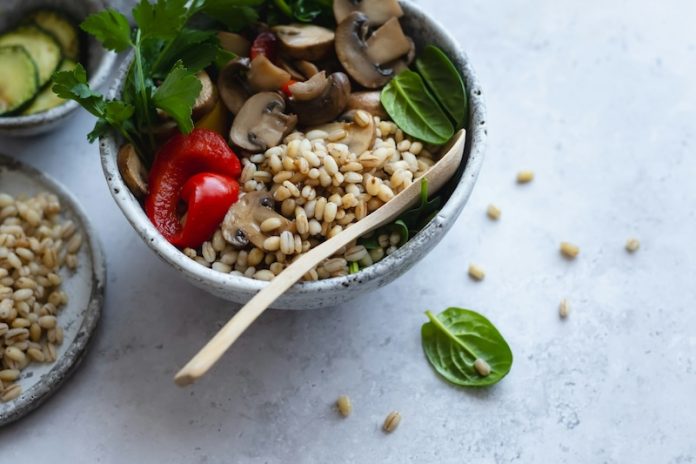
In recent years, scientists have been paying close attention to the power of food—not just to keep us healthy, but also to fight serious diseases like cancer. While no single food is a magic cure, many studies suggest that some natural foods can help slow the growth of cancer cells, and in some cases, even help destroy them.
This growing field of research offers hope and insight into how simple dietary choices may support cancer prevention and treatment.
One well-known example is broccoli and other cruciferous vegetables, like cauliflower and Brussels sprouts. These vegetables contain a compound called sulforaphane. In lab studies, sulforaphane has been shown to kill cancer cells and reduce tumor size, especially in cancers of the breast, colon, and prostate.
Researchers believe it works by blocking enzymes that support cancer cell growth and by triggering the body’s natural detox process.
Another powerful group of foods is berries, especially blueberries, raspberries, and strawberries. These fruits are rich in antioxidants called anthocyanins, which give them their deep colors. Antioxidants are important because they protect our cells from damage caused by harmful molecules called free radicals.
Some studies suggest that these antioxidants may also prevent cancer cells from spreading. For example, research published in the Journal of Agricultural and Food Chemistry found that black raspberries slowed down the development of esophageal cancer in rats by affecting genes linked to cancer growth.
Green tea is another natural cancer fighter. It contains a compound called EGCG (epigallocatechin gallate), which has been widely studied for its anti-cancer effects. Lab tests have shown that EGCG can reduce the growth of cancer cells and even trigger cancer cell death, especially in cancers of the lung, skin, and digestive tract.
In countries like Japan and China, where green tea is consumed daily, cancer rates tend to be lower, although more research is needed to understand all the reasons why.
Turmeric, the bright yellow spice used in curry, has also drawn attention for its anti-cancer properties. Its active ingredient, curcumin, has been found in many lab studies to stop cancer cells from growing and to cut off the blood supply tumors need to grow.
In a study from the University of Texas, curcumin slowed the spread of breast cancer cells in mice. However, curcumin is not easily absorbed by the body, so pairing it with black pepper—which contains a compound called piperine—can help increase its benefits.
Garlic is another food with strong research support. Studies show that people who eat more garlic have a lower risk of stomach, colon, and esophageal cancers. Garlic contains sulfur compounds that seem to activate enzymes that help the body clean out harmful substances.
One study published in the Journal of Nutrition found that aged garlic extract could reduce the size of cancer tumors in animals.
Even common foods like tomatoes may offer protection. Tomatoes are rich in lycopene, a powerful antioxidant that has been linked to a lower risk of prostate cancer. Cooking tomatoes, such as in tomato sauce, actually boosts the lycopene content, making it easier for the body to absorb.
While these foods alone cannot replace cancer treatments like chemotherapy or surgery, they may help the body defend itself and possibly reduce the risk of cancer returning. Experts recommend eating a variety of plant-based foods, keeping processed food to a minimum, and avoiding high sugar and red meat diets, which have been linked to increased cancer risk.
In short, nature has given us many tools to protect our health. By choosing the right foods, we may be able to support our bodies in fighting back against cancer—one meal at a time.
If you care about cancer, please read studies that low-carb diet could increase overall cancer risk, and new way to increase the longevity of cancer survivors.
For more health information, please see recent studies about how to fight cancer with these anti-cancer superfoods, and results showing daily vitamin D3 supplementation may reduce cancer death risk.
Copyright © 2025 Knowridge Science Report. All rights reserved.



